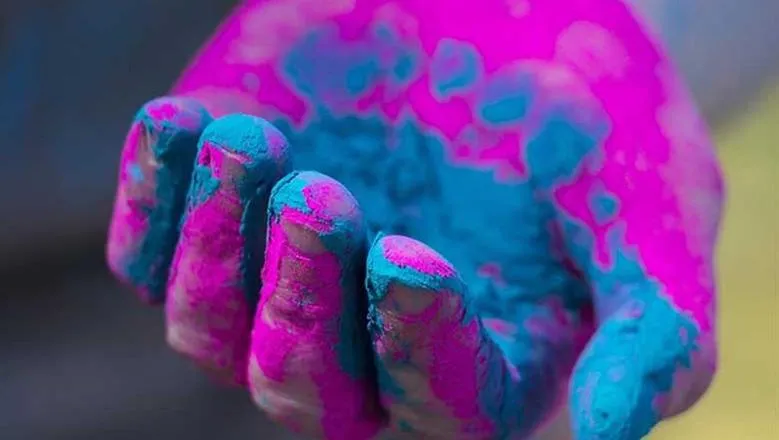03 September 2020
Arts and Humanities Research Centres respond creatively to COVID-19 through diverse engagement activities
Constituent research centres of the Arts & Humanities Research Institute (AHRI) have risen to the challenge of COVID-19 through devising a range of digital engagement activities.

The COVID-19 pandemic and resulting lockdown presented an undoubted challenge to the AHRI’s research centres’ engagement strategies and initiatives; some 30+ in-person events had to be cancelled at the outset of the pandemic. With campus closed and staff working from home, centres responded by developing new, creative methods of engagement that targeted existing and new publics for their research.
Centres delivered a programme of virtual events, rapidly developing new skills and collaborations with teams across the College and with external partners. The Centre for Digital Culture moved their annual conference, ‘Memes: The Cultural Logic of Late Capitalism’ online, attracting 1687 attendees. The recording of the conference can now be viewed on the Centre for Digital Culture’s YouTube channel.
To celebrate Pride 2020, Queer@King’s developed a series of online interviews and discussions with queer artists titled ‘Queer@King’s online with…Queer Artists on their Work’. The centre focused on producing accessible virtual events, with each event including BSL interpretation. This event series will inform future planning to produce more accessible events across the AHRI research centres.
The Centre for the Humanities and Health transformed a traditional book club into a virtual offering, utilising platforms such as Goodreads to engage with new audiences.
Social media is vital for research centres’ engagement activities, and some took the opportunity to grow their social media presence. The Centre for Hellenic Studies developed #HellenicFridays, sharing podcasts, recipes and theatre livestreams connected to their research activity, resulting in 10,000 Twitter impressions in July 2020 compared with 264 impressions in July 2019.
Some research centres, such as the Centre for Philosophy and Visual Arts, London Shakespeare Centre, Centre for Modern Literature and Culture, and the Centre Life-Writing Research, used the time to develop relationships with internal and external organisations, such as museums, life-writing centres, artists and schools, in order to enhance their programme offerings. Alongside the Centre for the Humanities and Health, the Centre for Life-Writing Research collaborated with King’s Cultural Community to contribute to King’s Reflecting Together. The project will develop a time capsule and archive of creative work that reflects the struggles and the strength of community during this unprecedented period.
Research-led teaching initiatives have developed throughout this time, with the Centre for Early Modern Studies, London Shakespeare Centre and Centre for Enlightenment Studies all devising plans for their upcoming education activities. These include producing self-guided learning materials for sixth-form students and developing content relating to the Eighteenth-Century Studies MA at KCL, which can be accessed via the Study tab on the Centre for Enlightenment Studies website.
The AHRI’s research centres have used this time to reflect, connect and to be creative and thoughtful, and we can’t wait to see the engagement and education activities that will be delivered throughout 2020/21! Key learnings from research centres’ activities will also feed into support guides for staff, students and external partners, which are published on the AHRI’s Support page.
Research Centre Administrator Recruitment
We are currently recruiting for Centre Administrators for 10 AHRI research centres for 2020/21. For more information and how to apply, see this news article. The deadline for applications is 5pm on Sunday 6th September.
Informal enquiries should be made to mark.a.johnson@kcl.ac.uk
